If you were moved by the raw, emotional intensity of 'Leaving Las Vegas' (1995), you'll appreciate these 9 similarly gripping films and shows. This article explores stories that delve into themes of addiction, despair, and redemption, offering a cinematic journey for those who crave deep, character-driven narratives.
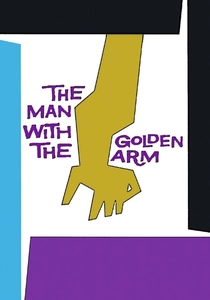
The Man with the Golden Arm (1955)
Description: A groundbreaking portrayal of drug addiction, one of the first Hollywood films to tackle the subject head-on. The protagonist's struggle with heroin addiction and his attempts at rehabilitation are depicted with stark realism.
Fact: The film was initially denied a Production Code seal due to its controversial subject matter but was eventually released without it, marking a shift in Hollywood's approach to censorship.
 Watch Now
Watch Now 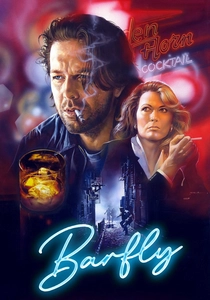
Barfly (1987)
Description: A raw and unflinching portrayal of alcoholism and self-destruction, set against a gritty urban backdrop. The protagonist's descent into addiction and his turbulent relationships mirror the themes of personal ruin and fleeting human connections.
Fact: The screenplay was written by Charles Bukowski, drawing heavily from his own experiences with alcoholism and life in Los Angeles' underbelly.
 Watch Now
Watch Now 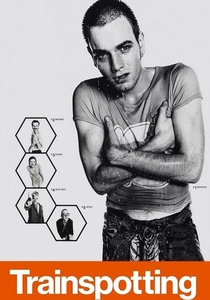
Trainspotting (1996)
Description: A visceral depiction of drug addiction and its consequences, blending dark humor with brutal honesty. The film's nonlinear storytelling and gritty aesthetic capture the chaotic lives of its characters.
Fact: The movie was shot in just 49 days, with a budget of only £
 Watch Now
Watch Now 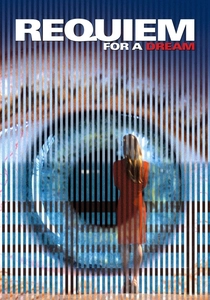
Requiem for a Dream (2000)
Description: A harrowing exploration of addiction, showcasing the physical and psychological toll it takes on individuals. The film's intense, almost hallucinatory style amplifies the sense of despair and inevitability.
Fact: The film's score, composed by Clint Mansell, has become iconic and is often used in trailers and other media.
 Watch Now
Watch Now 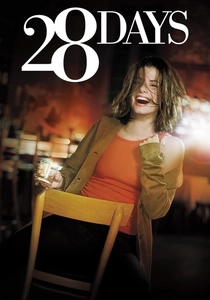
28 Days (2000)
Description: A blend of comedy and drama about a woman forced into rehab after a DUI. The film balances humor with serious moments, highlighting the challenges of recovery and self-forgiveness.
Fact: Sandra Bullock spent time in real rehab centers to prepare for her role, observing patients and their routines to bring authenticity to her performance.
 Watch Now
Watch Now 
Rachel Getting Married (2008)
Description: A family drama centered around a woman recovering from addiction, whose return home stirs up old wounds. The film's handheld camera work and naturalistic dialogue create an intimate, often uncomfortable atmosphere.
Fact: The wedding scenes were filmed like a real wedding, with the actors and crew participating as guests, lending an authentic feel to the proceedings.
 Watch Now
Watch Now 
The Wrestler (2008)
Description: A poignant character study of a man grappling with his fading glory and personal demons. The film's raw, documentary-like approach and focus on redemption through suffering resonate deeply.
Fact: Mickey Rourke performed many of his own stunts, including the wrestling sequences, to add authenticity to his role.
 Watch Now
Watch Now 
Shame (2011)
Description: A deeply personal and uncomfortable look at addiction, this time focusing on sex. The film's minimalist style and intense performances highlight the isolation and shame that accompany compulsive behavior.
Fact: The film was shot in just 25 days, with much of the dialogue improvised by the actors.
 Watch Now
Watch Now 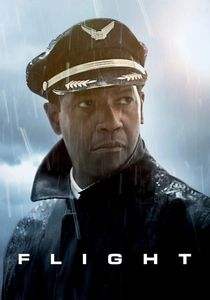
Flight (2012)
Description: A gripping tale of a high-functioning alcoholic whose life spirals out of control. The film's tension between professional competence and personal failure underscores the duality of addiction.
Fact: The plane crash sequence was achieved using a combination of practical effects and CGI, creating one of the most realistic crash scenes in film history.
 Watch Now
Watch Now 








